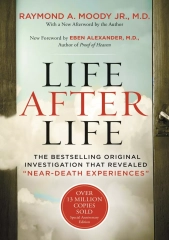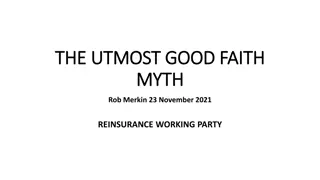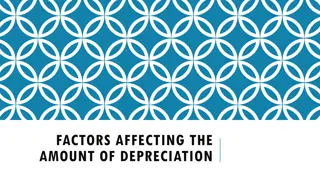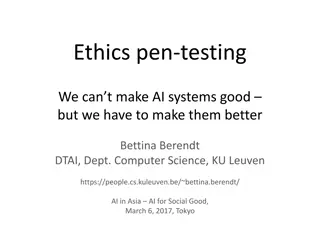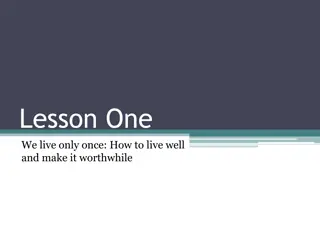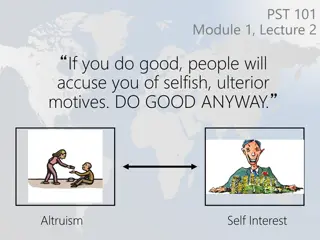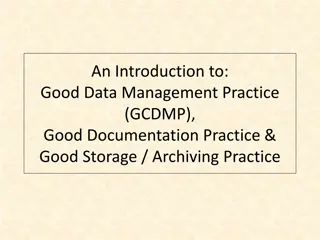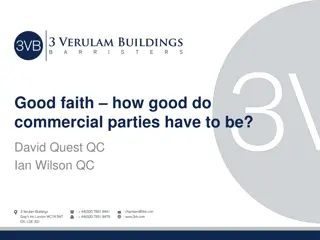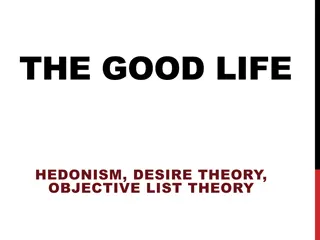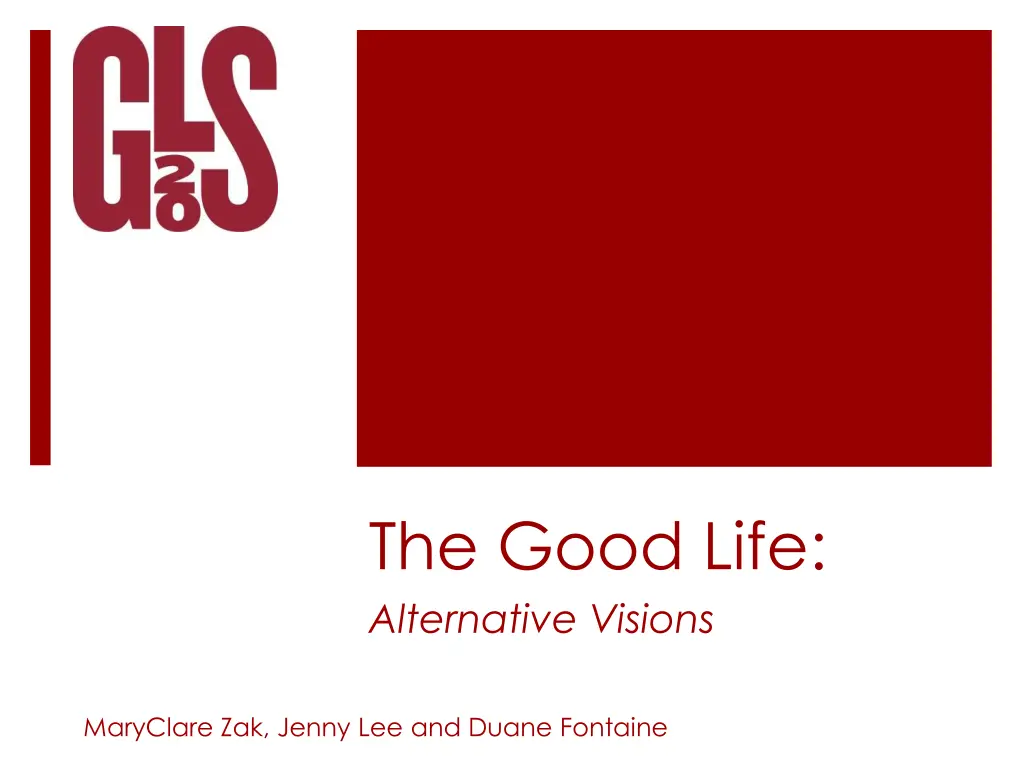
Eudaimonia and Modern Utilitarianism in Ethical Philosophy
Explore the concepts of Eudaimonia, Aristotle's vision of the good life, and its modern equivalent in utilitarianism as discussed in the context of ethics and mainstream economics. Understand the pursuit of human flourishing and the implications of rational choice theory in economic decision-making.
Download Presentation

Please find below an Image/Link to download the presentation.
The content on the website is provided AS IS for your information and personal use only. It may not be sold, licensed, or shared on other websites without obtaining consent from the author. If you encounter any issues during the download, it is possible that the publisher has removed the file from their server.
You are allowed to download the files provided on this website for personal or commercial use, subject to the condition that they are used lawfully. All files are the property of their respective owners.
The content on the website is provided AS IS for your information and personal use only. It may not be sold, licensed, or shared on other websites without obtaining consent from the author.
E N D
Presentation Transcript
The Good Life: Alternative Visions MaryClare Zak, Jenny Lee and Duane Fontaine
Aristotle and Eudaimonia What is the ultimate end or goal of human life, and how do we even attempt to answer that question? Aristotle did so by means of deciphering first principles (a priori principles that are assumed to exist independent of, and prior to, the reasoning process) In his Nicomachean Ethics Aristotle concludes that humanity s ultimate end is the good life, or Eudaimonia. All other pursuits, interests, activities are secondary, and are undertaken for the sake of Eudaimonia. These secondary activities are the means (i.e. instrumental ) used to achieve the end of Eudaimonia.
Eudaimonia: Definition Often insufficiently translated as happiness A life of virtuous activity in accordance with reason A life of excellence through the proper development of one s highest capabilities (a.k.a. self-actualization). External goods contribute to one s being able to live the good life; so family, friends, sufficient wealth (although not excessive), etc. are important. These are Aristotle s Chrematistics. For Aristotle, Eudaimonia included a political component. In other words, it is the duty of the state to structure society in a way that facilitates the attainment of Eudaimonia for its citizens.
Modern Day Equivalent? Utilitarianism: Jeremy Bentham, John Stuart Mill Bentham defines utilitarianism as follows: it is the greatest happiness of the greatest number that is the measure of right and wrong. Contemporary mainstream economics is based on this principle, but narrows it down to rational choice theory Rational choice theory states that individuals will rationally rank the choices they have available to them (most commonly, in terms of the purchase of goods and services) in such a way as to maximize their benefits (utility) and minimize their costs (homo economicus). On a macro level economists measure utility in purely monetary terms, in terms of the amount of goods and services being consumed. Or, in the case of micro-economics, in terms of a marginal rate of substitution ( the rate at which a consumer is ready to give up one good in exchange for another good while maintaining the same level of utility note the circular reasoning)
Positivism and Mainstream Economics Assumptions: If humans are truly rational actors, we should be able to model future behavior, both in terms of the individual and of society, by means of mathematical equations and models. True to the nature of utilitarianism, we can measure the success of an economy by means of its combined and quantified outcomes. Since economists measure utility by reference to the ability to choose the optimal mix of goods and services (Pareto optimum of preference orderings), measures such as GDP are most often used at the macro level. Where does this leave the concept of Eudaimonia? Positivist economics does not address this because it sets up a dichotomy between the is (fact) and the ought (value) in its attempts to be scientific and value-free.
Is there such a thing as value-free economics? Mainstream economics, by placing rational choice theory to the fore, places a high value on rational calculation (despite mounting evidence to the contrary in relation to human behavior). It favours monetary valuation and measurement over other metrics and other ways of knowing. In this way, mainstream economics can be said to turn a means into an end (growth in GDP, for example, becomes the end goal). Hillary Putnam and W.V.O. Quine tell us that there are no real dichotomies between fact and value. All choices reflect values. Therefore, the question becomes which values? Efficiency? Wealth accumulations? Equality? Justice? Fairness? Freedom? With regards to freedom, what freedom (economic, freedom from poverty?) and whose freedom?
Economy as Layer Cake Non-market capital: All producers, it is implied in the mainstream discourse, should compete on a level playing field, otherwise deformations of the market will result, leading to inefficiency and malfunctioning of the market mechanism. However, the perfect competition model of the economy which fuels this discourse, like the current emphasis on economic growth, is problematic . As mentioned above, an efficient enterprise can in fact be very inefficient if we take its externalities into account. Conversely, a social enterprise may not be as efficient in this narrow financial sense, because it produces positive externalities. Without some form of non-market support it may not be able to survive economically. The concept of non-market capitals legitimises this perspective on the economy and operationalises it in the sense of acknowledging a non-market sphere, thus drawing the non-monetised and liminal zones of the economy into the picture. ( Social enterprises and non-market capitals: a path to degrowth? Nadia Johanisova, Tim Crabtree, Eva Frankov , 2012) Hazel Henderson s expanded model of the economy: Three- layer cake with icing (Henderson, 1999: 11)
Are there alternatives? Behavioral economics: attempts to include the effects of psychological, social, cognitive and emotional factors into the description of economic decisions. It challenges rational choice theory but is still considered to be within mainstream economics. Environmental (mainstream) and Ecological (heterodox) economics: attempt to take environmental externalities into consideration: Environmental through traditional CBA ($ s) and Ecological through multi-criteria analysis . Institutionalism: views markets in the context of the interaction of various institutions in society (firms, governments, social norms). Institutional economists included Thorstein Veblen, John Kenneth Galbraith and some say Karl Marx. Keynesian and Post-Keynesian: focus is on effective demand (rather than supply), and say that the government has a role to play in leveling out the business cycle and keeping demand high enough to keep the unemployment rate low.
Are there alternatives? (cont.) Capabilities Approach: A contemporary application of Aristotelian ethics initiated by the Indian welfare economist Amartya Sen in collaboration with the American philosopher Martha Nussbaum Definition: [the Capabilities Approach] views capabilities ("substantial freedoms", such as the ability to live to old age, engage in economic transactions, or participate in political activities) as the constitutive parts of development, and poverty as capability-deprivation. This contrasts with traditional utilitarian views that see development purely in terms of economic growth, and poverty purely as income-deprivation. It is also universalist, and therefore contrasts with relativist approaches to development. Much of the work is presented from an Aristotelian perspective. (Wikipedia) Nussbaum enhanced the Capabilities Approach with her development of her 10 Central Capabilities
Attributes that need to be addressed by the alternatives How big (or small) a role should there be for government involvement in the economy? Should it stay out altogether (laissez faire), centrally control the economy (communism), or something in between? What role should the market play? Should the focus be on the individual (mainstream economics), society as a whole (communism), or some mix (democratic socialism, social democrats, etc.)? How should we treat the environment and other externalities? Is there, for example, a limit to growth? Are measures such as GDP, employment figures, balance of trade, etc. sufficient to determine how successful a nation is in terms of Eudaimonia? Is efficiency the best indicator of how an economy is being run, or are other values such as equality and fairness important?

